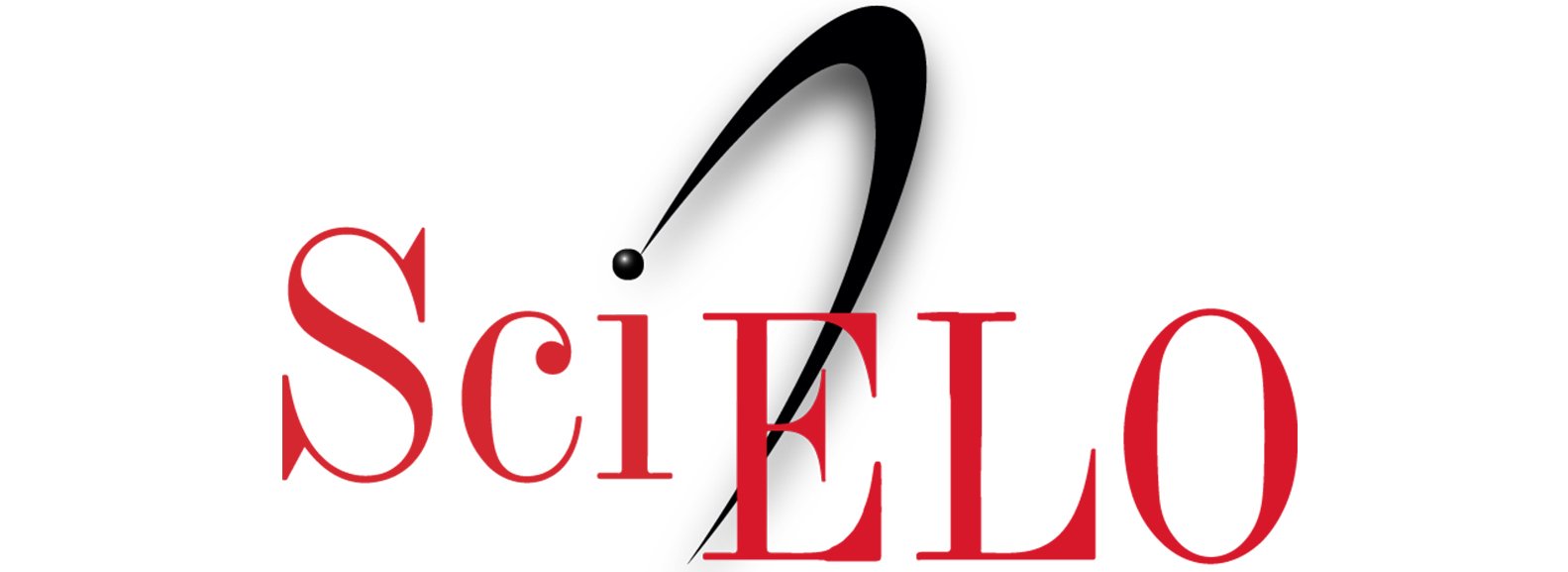ARTICULO ORIGINAL
REVISTA DE LA FACULTAD DE MEDICINA HUMANA 2021 - Universidad Ricardo Palma10.25176/RFMH.v21i2.3744
ETHICS OF HUMAN RESEARCH IN PERU. YET ANOTHER PENDING TASK
ÉTICA DE LA INVESTIGACIÓN CON SERES HUMANOS EN EL PERÚ. UNA TAREA PENDIENTE MÁS
Fanny L. Casado1,2,a,b,c
1 Instituto de Ciencias Ómicas y Biotecnología Aplicada (Icoba), Pontificia Universidad Católica
del Perú, Lima-Perú.
2 Departamento de Ingeniería, Pontificia Universidad Católica del Perú, Lima-Perú.
a PHD Toxicología
b Director
c Associate Professor
We are currently cruising through a second wave of cases during the pandemics of COVID-19 in Peru (1). Anonymous heroes leave their houses every day and keep offering their work to support their families and communities. After almost a year of the beginning of this Public Health Crisis, much more is being demanded from health and allied professionals. Important efforts leading to improvements on infrastructure and technical guidance for medical innovations have been forced to move forward and be implemented in unprecedented timelines (2), but their visibility is hindered by another pending task in the Peruvian Health System related to the Ethics of Human Research. Worldwide, the history of Ethics of Human Research has been plagued with scandals and crisis (3). With every scandal in different parts of our globe, the scientific community was able to rethink their practice so that the guiding ethical principles can be updated to meet new challenges and include newer technologies. While there is an ongoing public debate regarding the use of an experimental vaccine that has touched many Peruvians and Argentinians, I would like to propose these events as an opportunity to build a critical mass of health practitioners, health researchers and citizens educated on how medical innovation works and why it should be intertwined with ethical guiding principles of behavior to truly generate value in our society.
The Research Ethics Committees or Boards need to have higher promotion, participation and
acceptance as a vital space within institutions to protect the dignity, respect, and integrity of
research participants. When properly trained, guided and resourced, these committees may also protect
the researchers themselves (4) because by asking questions under the light of
ethical rather than only technical considerations, the real value of the scientific endeavor can have
higher impact on our society. While times of crisis might obscure deliberating practices, there are
international guidelines that have been developed in calmer times based on experience in other cultures
that should also be evaluated and examined when shaping the future of Human Research Ethics in Peru
(5). Recently approved regulations (6) consider a
more comprehensive vision to regulate human research, it is necessary to create interdisciplinary spaces
to discuss actions to expand the current paradigm that clinical research is the only type of research
with human beings that requires regulation in Peru. Moving forward medical innovations need to account
for many different actors that go beyond clinical settings (7) so that for
example, we can develop ethical new business models that work in our sanitary system. Finally, the
traditional teaching of Ethics in courses towards the end of professional training should move towards a
life-long learning approach of ethical literacy that starts building upon the curricula of health and
health-related professions and continues through professional life.
Addressing even one of these lines of action may seem like an excellent thing to do by somebody
else who knows how to do it. However, I encourage you to reach out to your colleagues and take upon the
challenge of talking into existence an ethically-driven human research in Peru.
Correspondence: Fanny L. Casado, Ph.D.
Address: Pontificia Universidad Católica del Perú. Avenida Universitaria 1801, San
Miguel, Lima-Perú.
Telephone number: 626-2000 / Anexo: 4285
E-mail: fanny.casado@pucp.edu.pe
BIBLIOGRAPHIC REFERENCES
